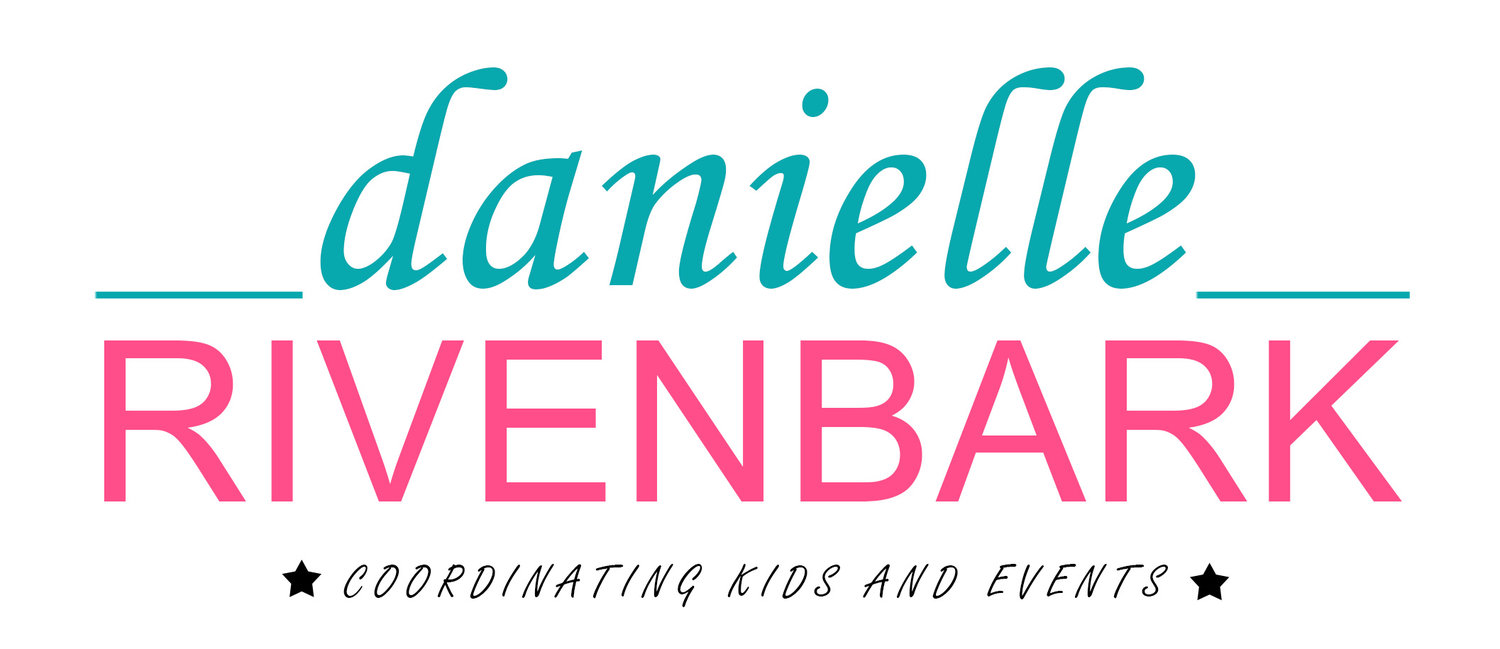I wouldn't say that negotiating is one of my fortes. However, I negotiate nearly every day. Sometimes that's with my husband about what to have for dinner and other times it is with a faculty member about a deadline. How we approach negotiating can vary from person-to-person or situation-to-situation. Below are 5 styles of negotiating for you to have in your toolkit..
Bullying/Competing
This negotiating style doesn't often create positive relationships between the parties involved, but it certainly can get the job done. Utilizing this style shows that the person negotiating has low cooperativeness and high assertiveness. A person that is using bullying to negotiate probably doesn't care about who they run over along the way, as long as they get what they want. It's not that this style isn't effective, it just doesn't leave the other party feeling good about the end result. A competing negotiating style can leave the other person feeling like he or she has been run over. It is a win-lose negotiation. It can also give the bullying personality a reputation. Others will likely steer clear of this person in negotiations and immediately give in to demands just to avoid conflict. It can be a challenge, but if you show that you're not scared of their demands you might have success in making sure your voice is heard.
Politician/Avoiding
Avoiding having to negotiate at all can create a lose-lose scenario for both parties involved. Describing this style as a politician is appropriate given the perception that politicians avoid answering any direct questions when asked. This can leave the person trying to negotiate with the politician frustrated that the negotiations are going nowhere. This kind of negotiating style can also be seen in Asian cultures where it is more important to "save face" than admit that they do not want to do business with you. It's a very passive aggressive approach that can leave both parties feeling like they didn't get anything accomplished. A person with an avoiding style has both low assertiveness and low cooperation. However, it can also be used as a stalling technique to make the other person sweat and begin making concessions. Patience is the key to dealing with someone who is avoiding conflict.
Doormat/Accommodating
Someone who is overly accommodating has high cooperativeness, but low assertiveness. Being overly accommodating can make you feel like a doormat when it comes to negotiating. Saying "yes" to every last request results in a lose-win situation. You lose and the other person wins. No one likes to get "railroaded" by another person, and yet I personally find myself in this place in many situations. It's not such a bad thing for those that work in customer service and other client-based industries. After all, we want to give our clients a "yes" answer as much as possible. Still, you want to be sure you're protecting yourself from being taken advantage of.
Negotiating/Collaborating
This style is known as a win-win style. When using this style a person is highly cooperative and highly assertive. This mindset has the idea that two heads are better than one. This type of negotiating style may seem like the best scenario for all parties involved. However, sometimes when dealing with a fixed pie it's simply not possible for all parties to "win". In that case, I offer you a fifth style.
Compromising
There is often a give and take when negotiating and this style has medium assertiveness and medium collaboration, which can result in positive results. In many negotiations everyone may not be able to get what they want, but hopefully everyone can get what they need. You may need to give up some concessions, but so does the person you're negotiating with.
Conclusion
I don't think that imploring one of these styles over the other is a bad thing. Sometimes you need to be more accommodating and sometimes you just need to jump up and down to get what you want. Having the knowledge to decide which style to use in a given situation is really the key to being a good negotiator. The other key? Practice, practice, practice!
